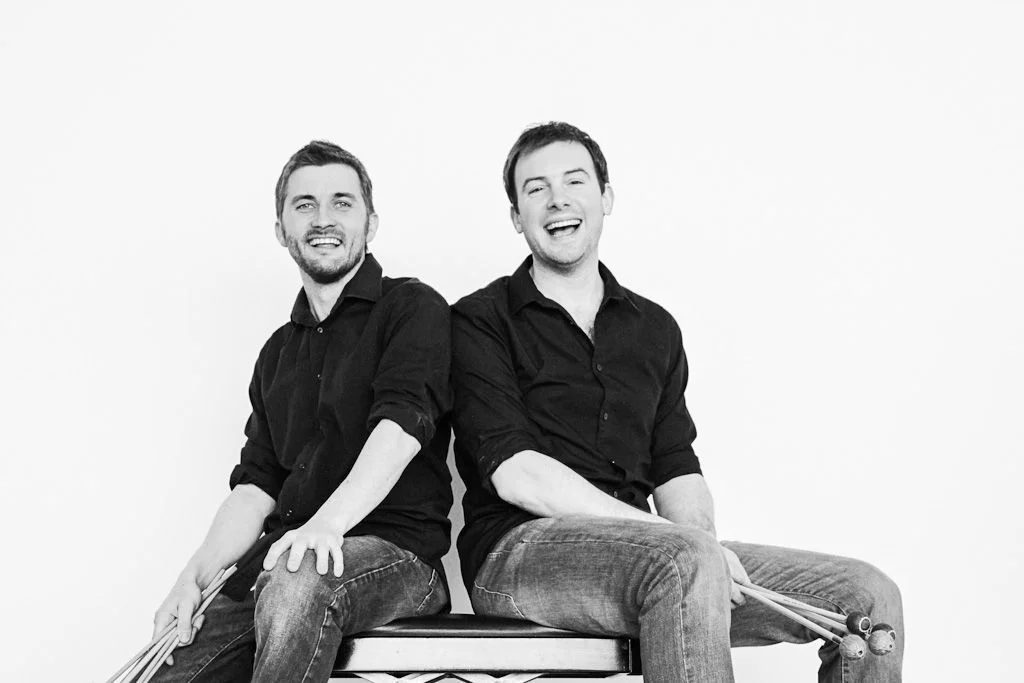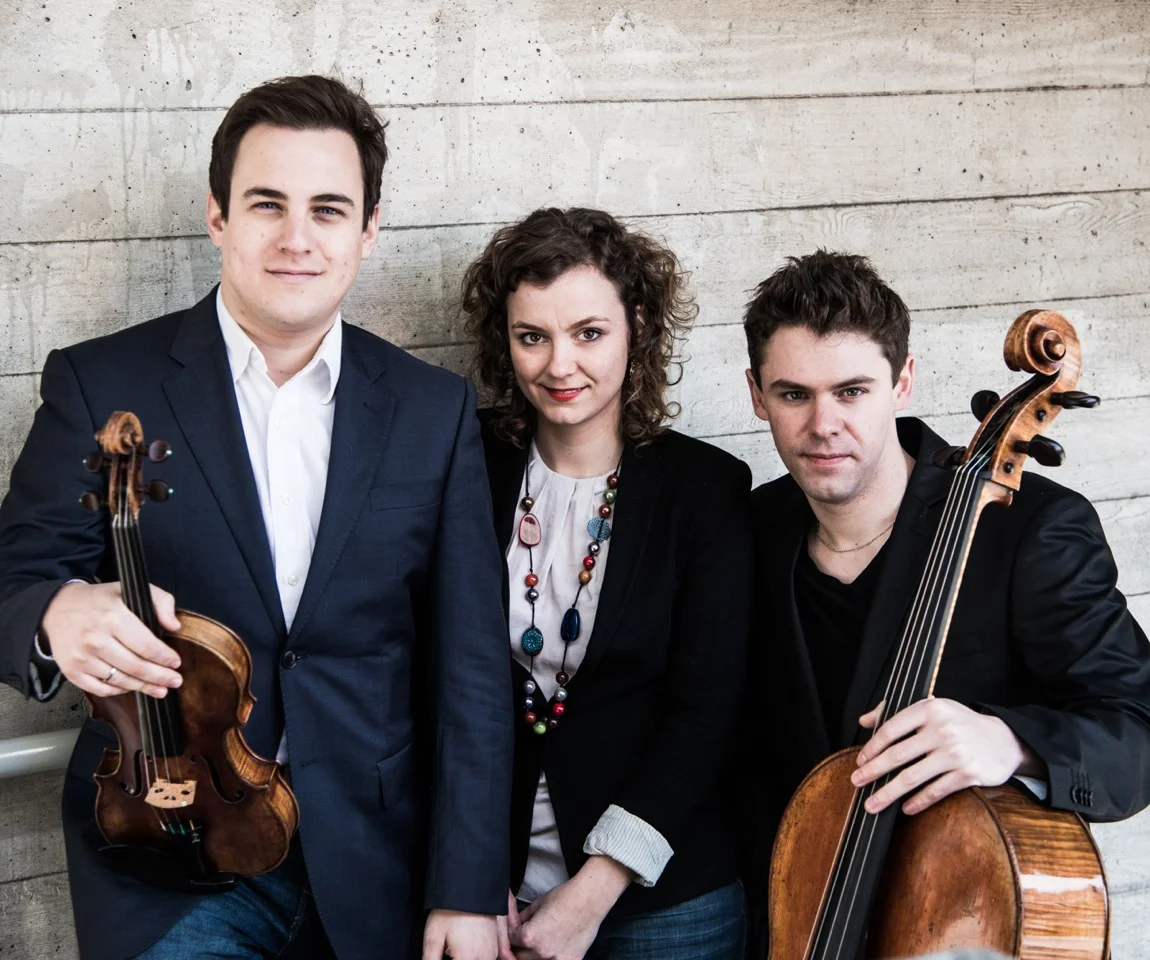Legendary pianist and published writer Alfred Brendel and musical comedian Rainer Hersch unmissable double-bill.
The first part of the evening features legendary pianist Alfred Brendel reciting a selection of his humorous, imaginative and at times totally zany prose relating to music and other subjects. This will be interspersed with suitably witty musical interludes from the festival's resident musicians. (Please note, Alfred Brendel will not be playing the piano!)
Following that, whether you are a professor of music or couldn’t tell a string quartet from a string vest, Rainer Hersch conducting the Oxford May Music All-stars Orchestra is a guaranteed laugh every four bars. From the William Tell Overture to Carmina Burana, nothing is safe from these madcap virtuosos. Here, at last, is a classical concert that “will have you rolling in the aisles and composers spinning in their graves” (BBC Radio 4). A sell-out at his annual April Fools Day Concert at the Royal Festival Hall, and with orchestras worldwide, this is Rainer Hersch’s first orchestral appearance in Oxford.
“After seeing this show you’ll find yourself gleefully clapping in the wrong place, creating symphonies of coughs and providing mobile phone counterpoints to the Great Masterworks – the concert hall won’t be the same again” Tom Service, The Scotsman
“An Anglo-Tuetonic blend of English self-deprecation and Germanic highbrow virtuosity” The Guardian
“You’ll never see another show quite like this” Edinburgh Evening News














